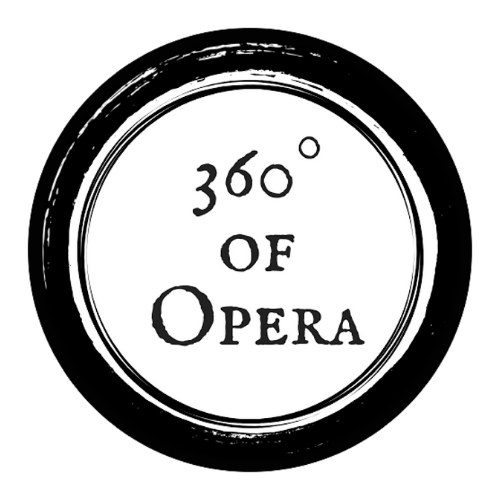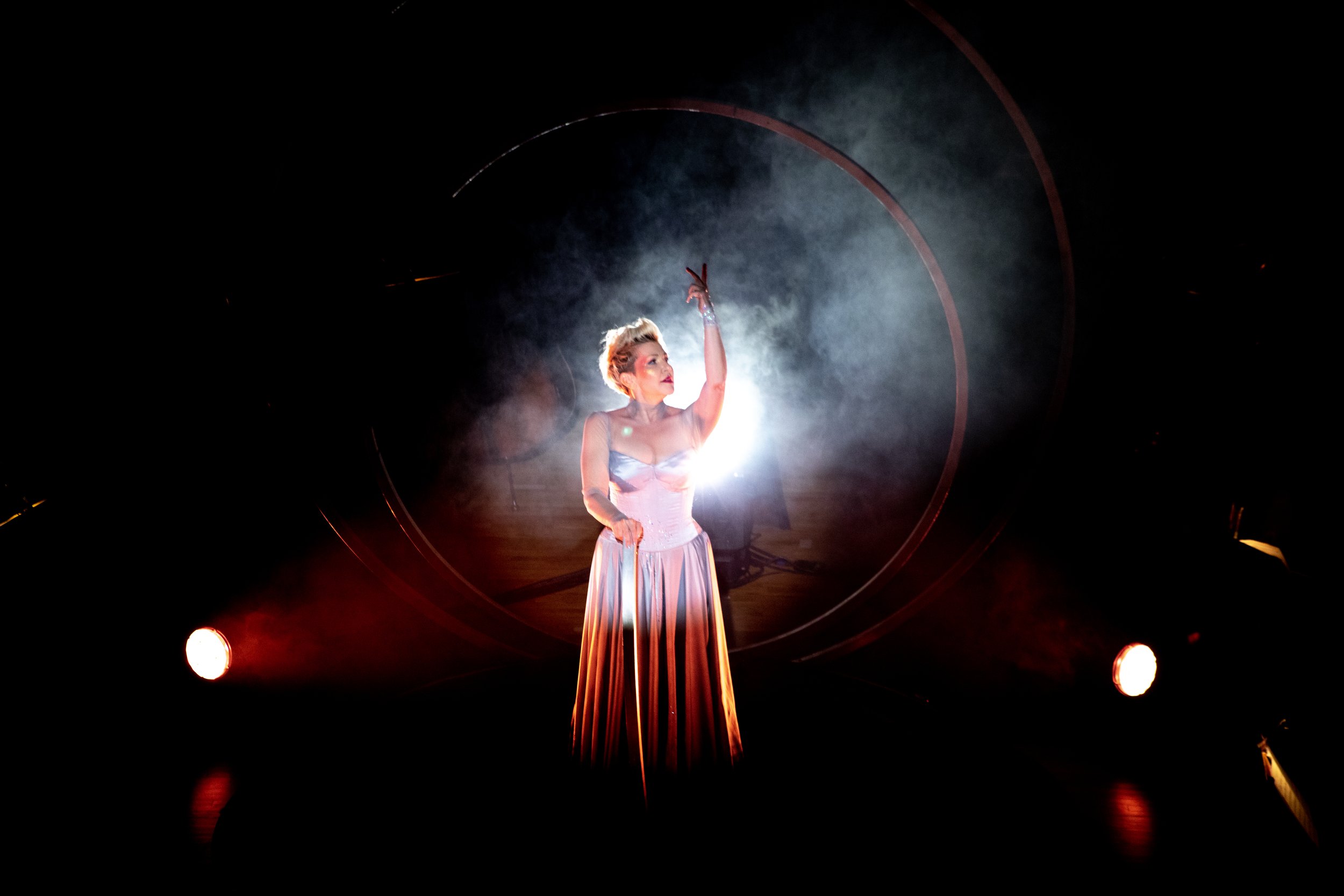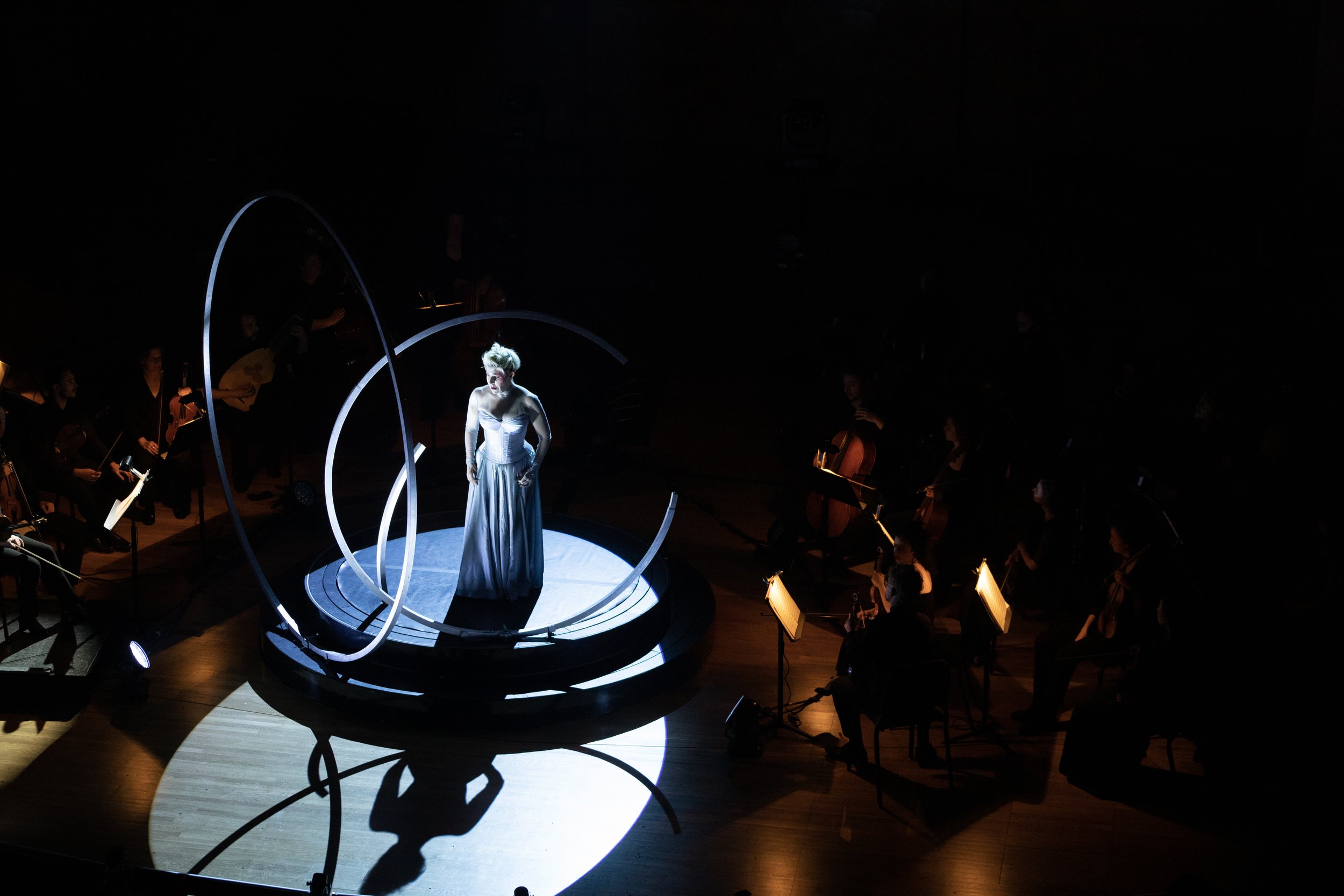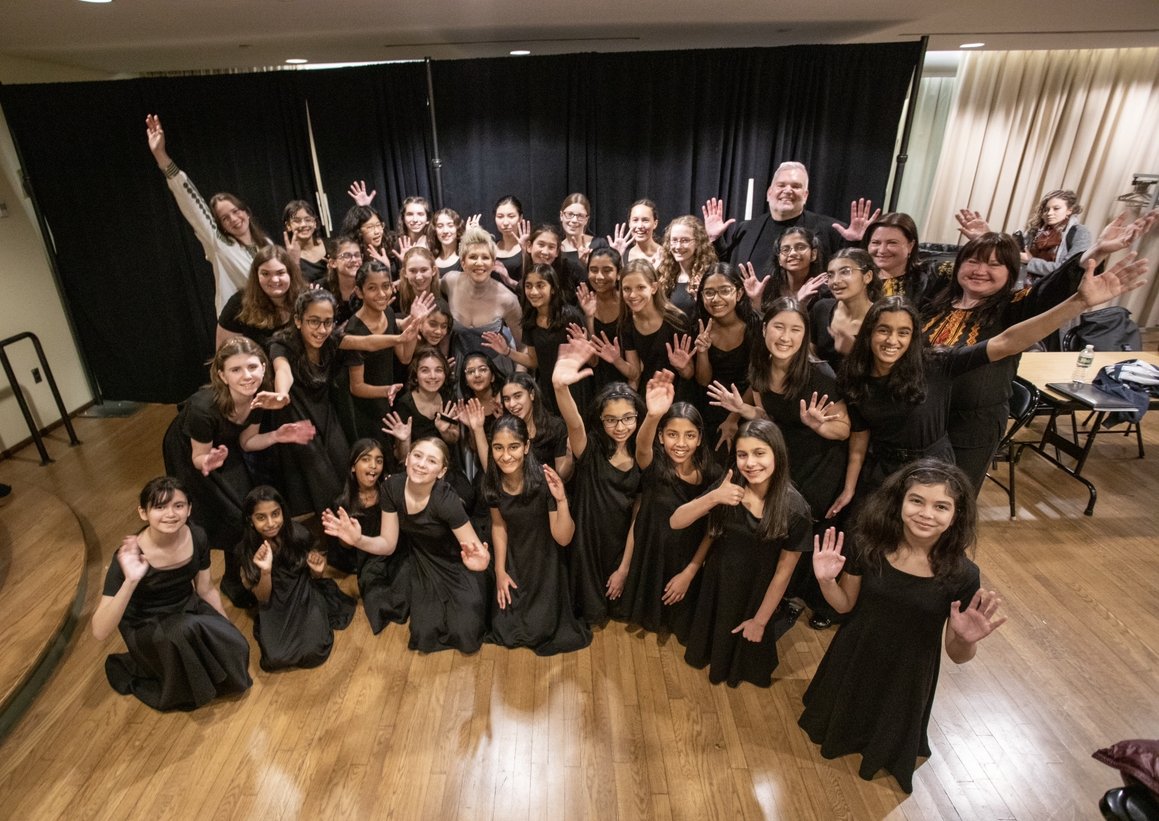Joyce DiDonato: EDEN on Earth
Photo Credit: Andrew Wilkinson
A #360ofOpera commentary on EDEN, performed and executive-produced by Joyce DiDonato, in the Richardson Auditorium at Princeton University. Written by Chloe Yutong Yang.
In a society where reapers outnumber sowers, we have the tragedy of the commons, where each individual, acting in their apparent own self-interest, ends up hurting everyone. In today’s concrete jungle, how do we embrace Eden, where we find peace in ourselves, nature, and each other? Joyce DiDonato, delivering an intimately touching experience to a packed house at Princeton University Concerts (PUC) on February 1, 2023 to close off the second leg of her international EDEN tour, presents a simple yet profound answer: start by planting a seed today.
Long admired as a “transformative presence in the arts” by Gramophone and more, DiDonato is known for her multifaceted initiatives, where she brings an unforgettable extravaganza to dozens of venues across several continents. This time, she’s gone one step further with EDEN, incorporating ground-breaking education programs and multiple partnerships.
Indeed, EDEN is not our everyday stand-and-sing vocal recital. It’s a playful experiment driven by curiosity: as DiDonato explains, the whole project is about “putting seeds of music, of ideas, of questions, maybe even answers along the way and seeing what comes to fruit from them.” The Eden of her imagination is not some murky state of ennui, a primitive wonderland stranded in preindustrial bliss of ignorance. Rather, it’s a garden of abundance, where all things coexist in harmony. The coexistence starts with the songs, which have “no boundaries—like a wild garden.” The repertoire spans four centuries of music, consisting of Baroque (George Frideric Handel), Classical (Christoph Willibald Gluck), and Romantic (Richard Wagner) masters. Couple these with the feminine sensitivity of Rachel Portman—the first female composer to win an Academy Award—and Emily Dickinson—one of America’s greatest poets of all time, who was infatuated with “plant sentience”—and we arrive at a place of balance, where the audience are nonetheless kept awed and wondering at the edge of their seats.
Photo Credit: Andrew Wilkinson
DiDonato steps outside her own comfort zone with EDEN, situating classics in timely contexts. “Ich bin der Welt abhanden gekommen,” for example, was suggested by Russian conductor Maxim Emelyanychev, who’s spoken up against the war in Ukraine. Unfamiliar with the piece, it wasn’t until they played the version with Dame Janet Baker that the “lightning bolt of inspiration” struck for DiDonato. Despite initial impressions of sadness, heaviness, and pain, her dialogue with the music at the onset of the pandemic has led her to a place of tranquility and deep consciousness. As with all songs in the program, DiDonato’s interpretation was not merely a dazzling display of vocal techniques, but rather a pair of open arms that drew the audience in, to witness for themselves what we can discover when we “open back up and value, listen and engage with [… t]he language of the life around us.” It’s at once a one-woman show of leaning into her instincts to reject a “world of superficiality,” and inviting the audience to embark on a shared journey towards “the fullness of the life that is here now.”
In a teaser especially recorded for Princeton University Concerts, DiDonato enthuses over returning to the historic Richardson Auditorium in a pair of adorable horn-rimmed glasses. Marna Seltzer, director of PUC, reveals how deep DiDonato’s ties with PUC run: she gave her only 2014 United States recital here, and “[t]he connection with our audience was immediate.” Seltzer fondly remembers that for the encore, DiDonato leaned into her Kansas roots, bringing tears to the eyes of everyone in the house that night with her glorious, velvety rendition of “Somewhere Over the Rainbow.” The seed began to sprout when they rebooked her for the next season, something that’s extremely rare for PUC. Since then, the diva’s been back with several different programs including her jazz-inspired Songplay, which won the Grammy Award for Best Classical Solo Vocal Album in 2020, and her remarkable version of Schubert’s Winterreise, accompanied by the conductor-pianist Yannick Nézet-Séguin. During the pandemic, PUC, DiDonato, and UMS (University of Michigan) joined forces to co-produce Sing for Today, which Seltzer describes as “a series of videos calling on great songs to permeate profound events of the present day.” Unlike nature’s ephemeral flowers, these videos now live permanently on PUC’s website, an evocative testament to our collective mourning and resilience in a time of upheaval.
Photo Credit: Andrew Wilkinson
Attending EDEN live in Richardson Auditorium, however, was an experience that couldn’t have been replaced by any solitary enjoyment. Seltzer shares my impression that it felt like DiDonato was singing directly to each and every one of us, “We like to call Richardson ‘the big hug,’ but it works best when the artist hugs us back.” PUC’s mission to educate, challenge, inspire, and unite audiences through the presentation of exceptional classical musicians was accomplished in a non-didactic way. As the lights dimmed, DiDonato transported us to “The First Morning of the World” with “The Unanswered Question.” In one of the biggest productions PUC has undertaken in its 129-year history, DiDonato created a miniature Eden right here onstage with the aid of the ensemble il Pomo d’Oro and a stellar crew. As if her solo performance wasn’t striking enough with its warm, unadulterated vitality, she invited Princeton Girlchoir to join her at the end of the show for “Seeds of Hope,” originally written by radically imaginative children in response to the question, “What if trees could sing?” Associate Director Tom Shelton will remember this evening for the rest of his life: “The way [DiDonato] interacted with the singers was so kind, genuine and inspirational.”
Ukrainian Lullaby performed by the Princeton Girlchoir and Joyce DiDonato.
Joyce DiDonato and the Princeton Girlchoir. Photo Credit: Andrew Wilkinson
EDEN was a gift in more ways than one. I was able to attend this world-class performance free of charge because of Princeton’s generous Passport to the Arts program. DiDanato has been my icon since I watched this master class and then this interview, where she planted in me the seed of not being a “caricature of an opera singer,” and instead figuring out what I have to say. As I try to live up to Princeton’s informal motto, I plan to exercise my unalienable right to my voice by carving my own place in this vast, ever-revolving Circle of life, and fostering even more organic connections. As the late Zen Master Thích Nhất Hạnh so aptly put it,
There’s a revolution that needs to happen and it starts from inside each one of us.
We need to wake up and fall in love with the Earth.
Our personal and collective happiness and survival depends on it.
Joyce DiDonato and Chloe Yutong Yang at Princeton University.
- written by Chloe Yutong Yang






